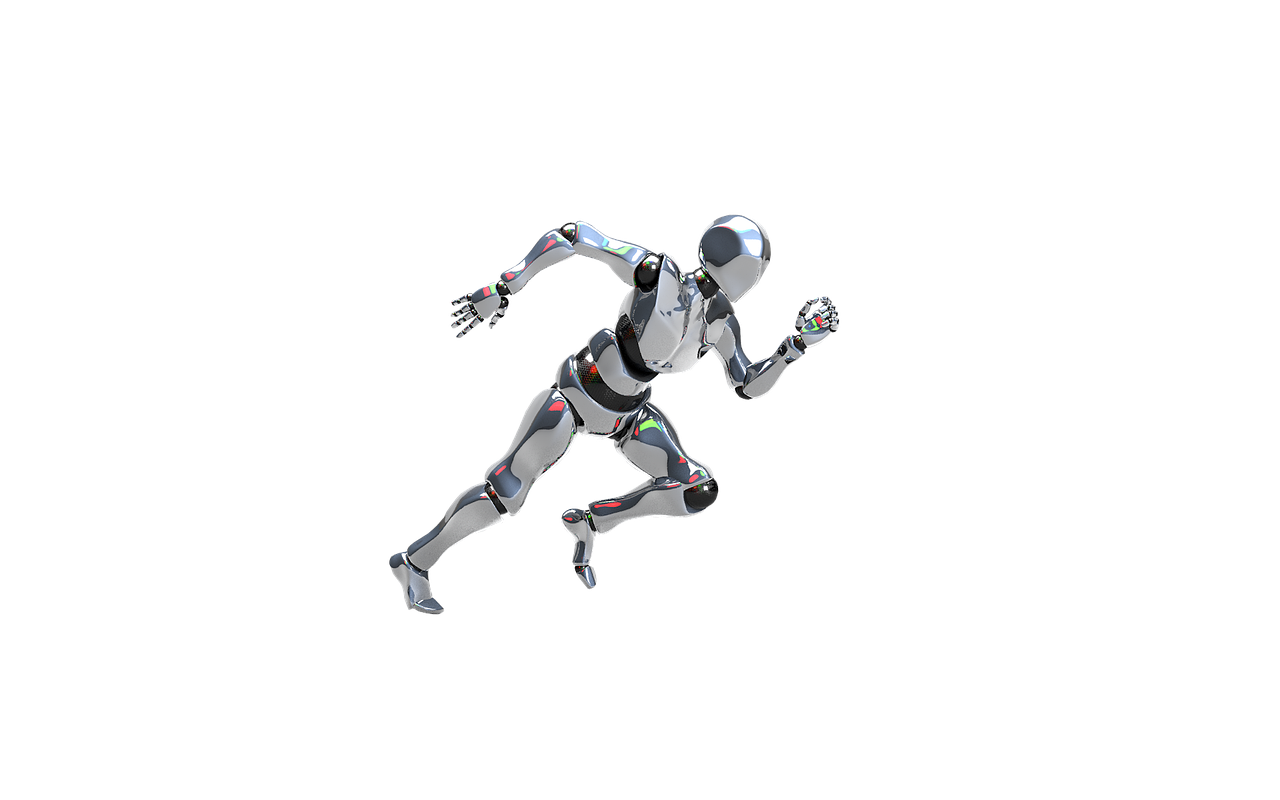Artificial intelligence (AI) is rapidly transforming the healthcare landscape, offering unprecedented opportunities to improve patient outcomes, streamline operations, and personalize treatment. From diagnosing diseases with greater accuracy to developing novel therapies, AI’s potential to revolutionize healthcare is immense. This article delves into the various applications of AI in healthcare, exploring its benefits, challenges, and future prospects.
AI-Powered Diagnostics and Disease Detection
Enhanced Image Analysis
AI algorithms excel at analyzing medical images, such as X-rays, MRIs, and CT scans, with remarkable speed and accuracy. These algorithms can detect subtle anomalies that might be missed by the human eye, leading to earlier and more accurate diagnoses.
- Example: AI-powered software can identify cancerous tumors in mammograms with greater precision, reducing false positives and unnecessary biopsies.
- Benefit: Improved diagnostic accuracy, earlier detection of diseases, and reduced healthcare costs.
Predictive Analytics for Disease Risk
AI can analyze vast amounts of patient data, including medical history, genetic information, and lifestyle factors, to predict an individual’s risk of developing certain diseases. This allows healthcare providers to implement preventative measures and personalized interventions.
- Example: AI models can predict the likelihood of a patient developing cardiovascular disease based on their risk factors, enabling timely lifestyle modifications and medication.
- Benefit: Proactive disease management, personalized preventative care, and improved patient outcomes.
Streamlining Pathology
AI is automating the process of analyzing tissue samples and identifying disease markers in pathology labs. This accelerates the diagnostic process and reduces the workload on pathologists.
- Example: AI algorithms can analyze microscopic images of tissue samples to identify cancerous cells, assisting pathologists in making faster and more accurate diagnoses.
- Benefit: Faster turnaround times for diagnoses, improved accuracy in pathology, and reduced labor costs.
AI in Personalized Treatment and Drug Discovery
Personalized Medicine
AI enables the development of personalized treatment plans based on an individual’s unique genetic makeup, lifestyle, and medical history. This approach ensures that patients receive the most effective treatment with minimal side effects.
- Example: AI can analyze a patient’s genetic profile to predict their response to different medications, allowing doctors to prescribe the most suitable drug at the optimal dosage.
- Benefit: Improved treatment outcomes, reduced side effects, and increased patient satisfaction.
Accelerating Drug Discovery
AI is revolutionizing the drug discovery process by analyzing vast datasets of molecular structures and biological pathways to identify promising drug candidates. This significantly reduces the time and cost associated with traditional drug development.
- Example: AI algorithms can predict the efficacy of drug candidates by simulating their interactions with target proteins, accelerating the drug discovery process.
- Benefit: Faster development of new drugs, reduced drug development costs, and increased success rates.
Robotic Surgery
AI-powered surgical robots are enhancing surgical precision and minimizing invasiveness. These robots can perform complex procedures with greater dexterity and control than human surgeons.
- Example: Robotic surgery can allow surgeons to perform minimally invasive heart valve repair with enhanced precision and reduced trauma to the patient.
- Benefit: Smaller incisions, reduced blood loss, faster recovery times, and improved surgical outcomes.
AI-Driven Operational Efficiency in Healthcare
Automating Administrative Tasks
AI can automate many administrative tasks in healthcare, such as appointment scheduling, billing, and claims processing, freeing up healthcare professionals to focus on patient care.
- Example: AI-powered chatbots can handle routine patient inquiries and schedule appointments, reducing the workload on front-desk staff.
- Benefit: Reduced administrative costs, improved efficiency, and enhanced patient experience.
Optimizing Hospital Operations
AI can analyze data on patient flow, resource utilization, and staffing levels to optimize hospital operations and improve efficiency.
- Example: AI algorithms can predict patient admissions and optimize staffing levels accordingly, ensuring that hospitals are adequately staffed to meet patient needs.
- Benefit: Reduced wait times, improved resource allocation, and increased operational efficiency.
Supply Chain Management
AI can optimize the healthcare supply chain by predicting demand for medical supplies and managing inventory levels.
- Example: AI-powered systems can predict demand for specific medications based on historical data and seasonal trends, ensuring that pharmacies have adequate supplies on hand.
- Benefit: Reduced waste, lower inventory costs, and improved supply chain efficiency.
Ethical Considerations and Challenges of AI in Healthcare
Data Privacy and Security
Protecting patient data privacy and security is paramount when using AI in healthcare. Robust security measures and compliance with data privacy regulations are essential.
- Challenge: Ensuring that AI algorithms are trained on unbiased data to avoid perpetuating existing healthcare disparities.
- Solution: Implementing strict data governance policies, using anonymized data for training, and regularly auditing AI algorithms for bias.
Algorithmic Bias
AI algorithms can perpetuate existing biases if they are trained on biased data. Addressing algorithmic bias is crucial to ensure fair and equitable healthcare outcomes.
- Challenge: Gaining public trust and acceptance of AI in healthcare, particularly when it comes to sensitive medical decisions.
- Solution: Promoting transparency in AI algorithms, educating patients about AI-powered healthcare, and involving patients in the decision-making process.
Regulatory Framework
Clear regulatory frameworks are needed to govern the development and deployment of AI in healthcare. These frameworks should address issues such as liability, data privacy, and algorithmic transparency.
- Challenge: The need for healthcare professionals to adapt to the use of AI in their daily practice.
- Solution: Providing comprehensive training and education on AI tools, emphasizing the collaborative nature of AI in healthcare, and addressing concerns about job displacement.
Conclusion
AI is poised to revolutionize healthcare, offering significant benefits in diagnostics, treatment, operational efficiency, and drug discovery. While challenges related to data privacy, algorithmic bias, and regulatory frameworks need to be addressed, the potential of AI to improve patient outcomes and transform the healthcare industry is undeniable. As AI technology continues to evolve, it will undoubtedly play an increasingly important role in shaping the future of healthcare. By embracing AI and addressing its challenges proactively, we can unlock its full potential to create a healthier and more equitable future for all.




